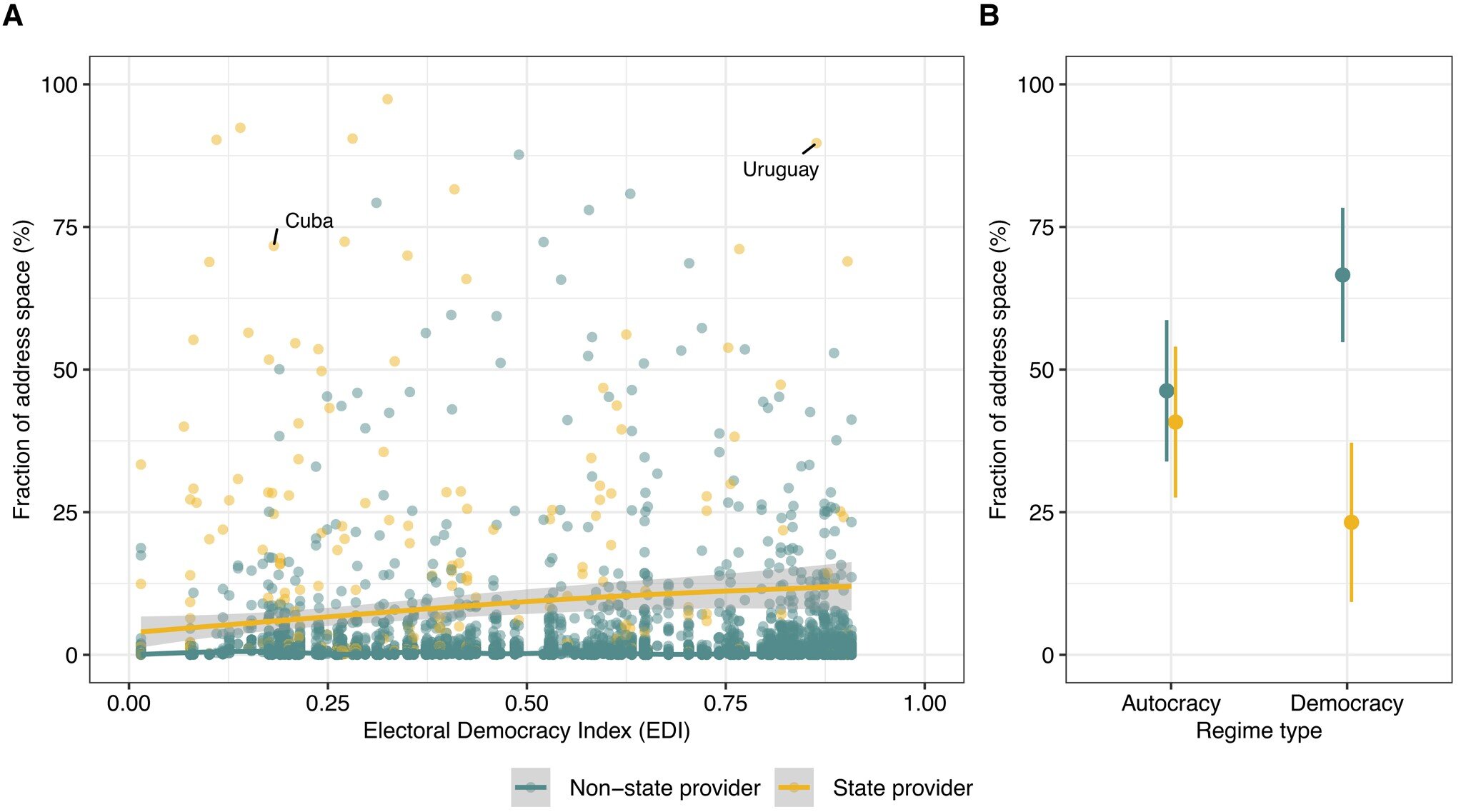


A lazy cat in human skin, an eldritch being borne of the '90s.
Alts: @fossilesque@lemmy.dbzer0.com
Bots: @SciBot@mander.xyz
- 6 Posts
- 7 Comments


https://gitlab.com/magnolia1234/bypass-paywalls-firefox-clean/
Forgive formatting…
Google has just unveiled a game-changing AI upgrade for Android. But it has a darker side. Google’s AI will start to read and analyze your private messages, going back forever. So what does this mean for you, how do you maintain your privacy, and when does it begin.
Smartphone privacy is about to change forever
Google’s AI to begin analyzing private messages on Android smartphonesgetty
There’s understandable excitement that Google is bringing Bard to Messages. A readymade ChatGPT-like UI for a readymade user base of hundreds of millions. “It’s an AI assistant,” says Bard, “that can improve your messaging experience… from facilitating communication to enhancing creativity and providing information… it will be your personal AI assistant within your messaging app.”
But Bard will also analyze the private content of messages “to understand the context of your conversations, your tone, and your interests.” It will analyze the sentiment of your messages, “to tailor its responses to your mood and vibe.” And it will “analyze your message history with different contacts to understand your relationship dynamics… to personalize responses based on who you’re talking to.”
And so here comes the next privacy battlefield for smartphone owners still coming to terms with app permissions, privacy labels and tracking transparency, and with all those voice AI assistant eavesdropping scandals still fresh in the memory. Google’s challenge will be convincing users that this doesn’t open the door to the same kind of privacy nightmares we’ve seen before, where user content and AI platforms meet.
There will be another, less contentious privacy issue with your Messages requests to Bard. These will be sent to the cloud for processing, used for training and maybe seen by humans—albeit anonymized. This data will be stored for 18-months, and will persist for a few days even if you disable the AI, albeit manual deletion is available. MORE FOR YOU Trustworthy AI: String Of AI Fails Show Self-Regulation Doesn’t Work The Best Record Players For Beginners To Spin Vinyl Music The Technological Marvel Behind A Real Bug s Life MORE FROM FORBESGoogle Issues New Incognito Guidance For Chrome Users By Zak Doffman
Such requests fall outside Google Messages newly default end-to-end encryption—you’re literally messaging Google itself. While this is non-contentious, it’s worth bearing in mind. Just as with all generative AI chatbots, including ChatGPT, you need to assume anything you ask is non-private and could come back to haunt you.
But message analysis is different. This is content that does (now) fall inside that end-to-end encryption shield, in a world where such private messaging is the new normal. Here the push should be for on-device AI analysis, with data never leaving your phone, rather than content uploaded to the cloud, where more processing can be put to work.
This is where the Android Vs iPhone battlefield may well come into play. Historically, Apple has been much stronger when it comes to on-device analysis than Google, which has historically defaulted to the cloud to analyze user content.
Unsurprisingly, Apple’s own moves to bring generative AI to iPhone users will take that approach—on-device analysis as the default when it comes to user content, albeit with a carve-out for its request architecture. And there’s building excitement as to what might be on offer with this fall’s iOS 18.
“Apple is quietly increasing its capabilities,” The FT reported this week, “to bring AI to its next generation of iPhones… Apple’s goal appears to be operating generative AI through mobile devices, to allow AI chatbots and apps to run on the phone’s own hardware and software rather than be powered by cloud services in data centres.”
For its part, Bard says that “Google has assured that all Bard analysis would happen on your device, meaning your messages wouldn’t be sent to any servers. Additionally, you would have complete control over what data Bard analyzes and how it uses it.”
You will have to judge whether this gives you comfort enough to let Bard loose on your private content. A word of caution. There’s a difference between what can’t be done, such as breaching end-to-end encryption, and what isn’t being done, such as policies as to where content analysis takes place. I would urge strong caution on opening up your content too freely, unless and until we have seen proper safeguards.
Bard agrees. “While Google assures on-device analysis,” it says, “any data accessed by Bard is technically collected, even temporarily. Concerns arise about potential leaks, misuse, or hidden data sharing practices. The extent of Bard’s analysis and how it uses your data should be transparent. Users deserve granular control over what data is analyzed, for what purposes, and how long it’s stored.” MORE FROM FORBESHow To Change Your Google Maps Settings After Street View Warning By Zak Doffman
Bard also warns that such data analysis might bias its results. “AI algorithms can perpetuate biases present in the data they’re trained on. Analyzing messages could lead to unintended profiling based on language, demographics, or social circles.”
This integration of generative AI chat and messaging will transform texting platforms forever, it will quickly open up a new competitive angle between Google, Apple and Meta, whose smartphone ecosystems and apps run our lives.
“While an exact date is still unknown,” Bard says, “all signs point towards Bard’s arrival in Google Messages sometime in 2024. It could be a matter of weeks or months, but it’s definitely coming.” Meanwhile, what we’ve seen thus far remains buried deep inside a beta release and subject to change before release.
When it is live, think carefully before you unlock your Messages privacy settings. “Ultimately,” says Bard, “the decision of whether to use message analysis rests with you. Carefully weigh the potential benefits against the privacy concerns and make an informed choice based on your own comfort level and expectations.”
The analysis of your message history isn’t the only word of caution here. This deployment of Bard is just part of the shift from browser-based to directed search, and you will need to be increasingly cautious as to the quality of the results you’re being given. Bard isn’t a chat with a friend. It’s a UI sitting across the world’s most powerful and valuable advertising and tracking machine.
On which note, Bard left me with a final thought that might be better directed at its creators than its users: “Remember, you have the right to demand clarity, control, and responsible AI development from the companies you trust with your data.”





I can’t remember. I’ll have to dig it out. I was extremely pissed off I had to buy this phone after 2 years and Google wanted an egregious amount to look at it.